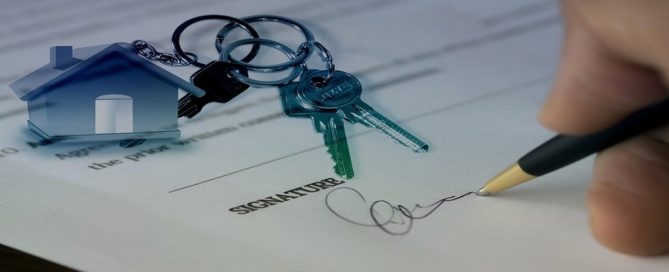Eligibility Tests And Other Aspects While Considering Bankruptcy
Call: 888-297-6203 Misuse of Bankruptcy laws is something that was commonly seen in the 1990s and early 2000s which led to a series of changes in the Bankruptcy laws. Many individuals who had substantial assets also started declaring bankruptcy and ended up dissolving their debts effortlessly. To ensure the borrower truly needs a bankruptcy claim, there are the following tests that he/she can consider before filing for bankruptcy- Means test A means test is basically verifying if your income is lower than the median income of your state. Every state in the US based on various factors like [...]










